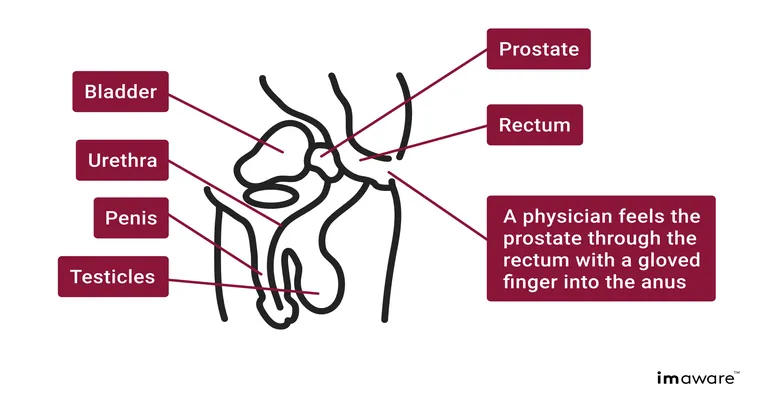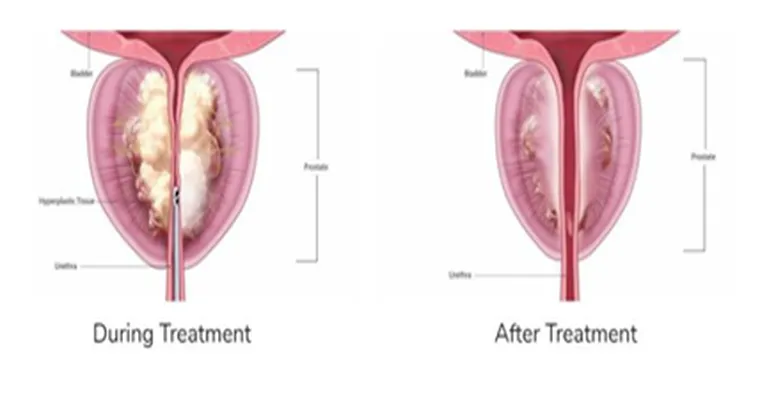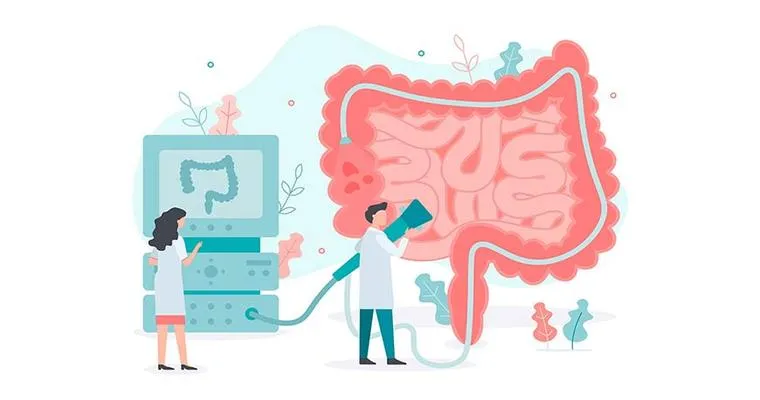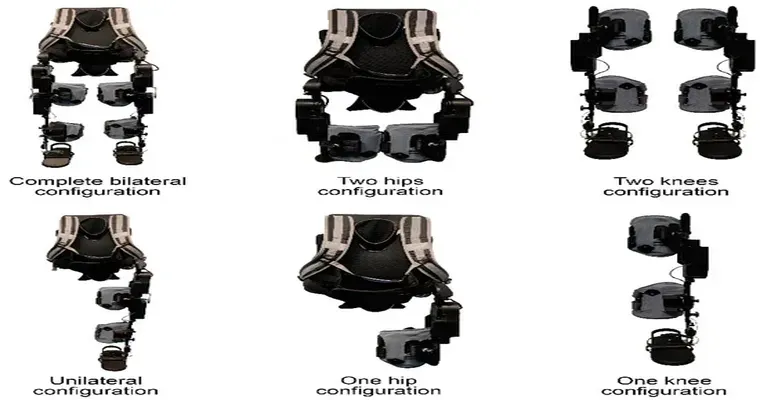Recurrent "bladder infections" or "urinary tract infections (UTIs)" in elderly males can lead to serious complications, including "delirium" or "delusion". These cognitive changes can be alarming and may raise concerns about the possibility of early "dementia". Understanding how to address these recurrent infections is crucial for improving the quality of life for elderly individuals while also discerning the underlying causes of their symptoms.
Understanding Recurrent UTIs in Elderly Males
Elderly males are particularly susceptible to "UTIs" due to various factors such as an enlarged prostate, which can obstruct urine flow, and weakened immune systems. Recurrent UTIs can lead to a cycle of infections that not only affect physical health but also mental clarity. Symptoms may include confusion, agitation, and changes in behavior, which can mimic or mask early signs of dementia.
Recognizing Symptoms of Delirium and Delusion
It is essential to distinguish between "delirium", which is often sudden and reversible, and "delusion", characterized by persistent false beliefs. Both conditions can arise due to recurrent UTIs in elderly males. Common signs include:
Sudden confusion or disorientation
Changes in attention span
Hallucinations or false beliefs
Increased agitation or restlessness
If these symptoms appear alongside recurrent UTIs, it is vital to consult a healthcare professional for a thorough evaluation.
Medical Evaluation and Diagnosis
When dealing with recurrent UTIs, a comprehensive medical evaluation is crucial. Healthcare providers may perform:
"Urinalysis" to check for bacteria or other abnormalities
"Blood tests" to assess kidney function and overall health
"Imaging studies" if structural problems are suspected
These tests help determine whether the "UTI" is the cause of the cognitive changes or if there are underlying issues such as early dementia.
Treatment Options for Recurrent UTIs
Managing recurrent UTIs in elderly males involves a multifaceted approach:
1. "Antibiotics": Short-term courses may be prescribed for acute infections, while a longer-term low-dose regimen may be recommended for prevention.
2. "Hydration": Encouraging adequate fluid intake can help flush out bacteria and prevent future infections.
3. "Lifestyle Modifications": Changes such as proper hygiene, regular bathroom visits, and dietary adjustments may reduce the risk of UTIs.
4. "Prostate Management": For men with prostate issues, medications or procedures to alleviate urinary obstruction may be necessary.
5. "Cognitive Support": For those experiencing delirium or delusion, cognitive therapies and supportive care can help manage symptoms and improve quality of life.
Monitoring and Follow-Up
Regular follow-up appointments with healthcare providers are essential to monitor the effectiveness of treatments and make necessary adjustments. Keeping a diary of UTI occurrences, symptoms, and cognitive changes can aid in identifying patterns and triggers.
Conclusion
Recurrent "bladder infections" in elderly males can significantly impact both physical and mental health. Addressing these infections promptly and thoroughly is vital to preventing complications such as "delirium" or "delusion". While these symptoms may raise concerns about early "dementia", proper medical evaluation can clarify their origins. By implementing effective treatment strategies and lifestyle changes, it is possible to manage recurrent UTIs and improve overall well-being for elderly males.





